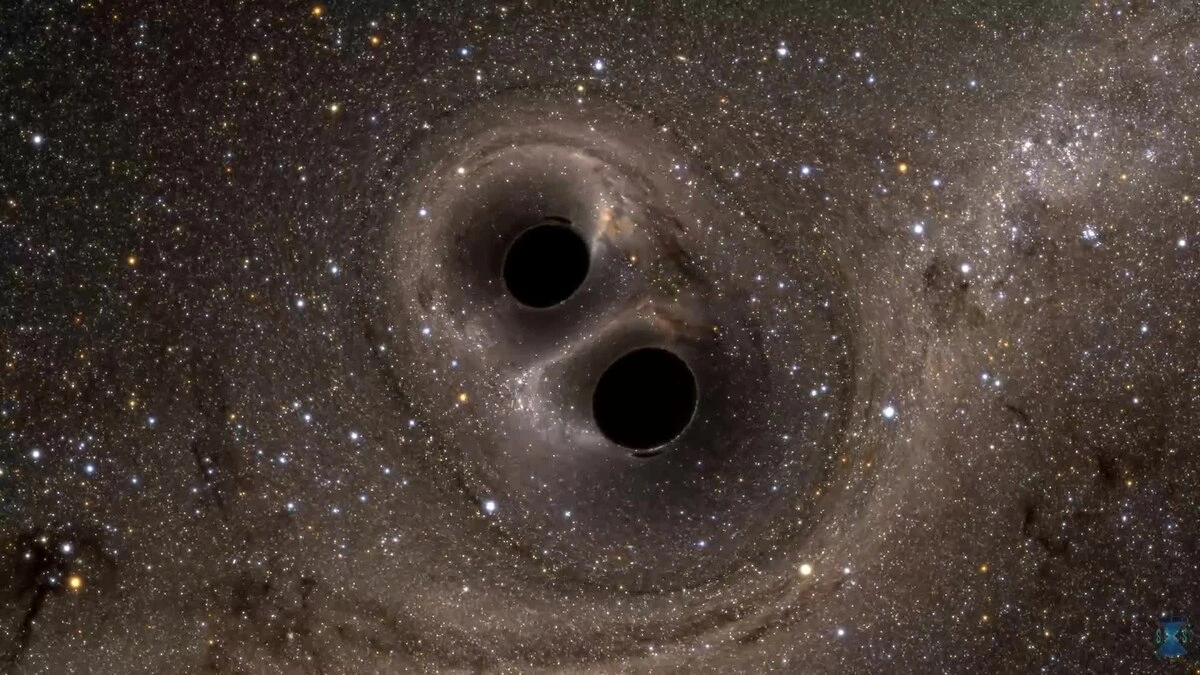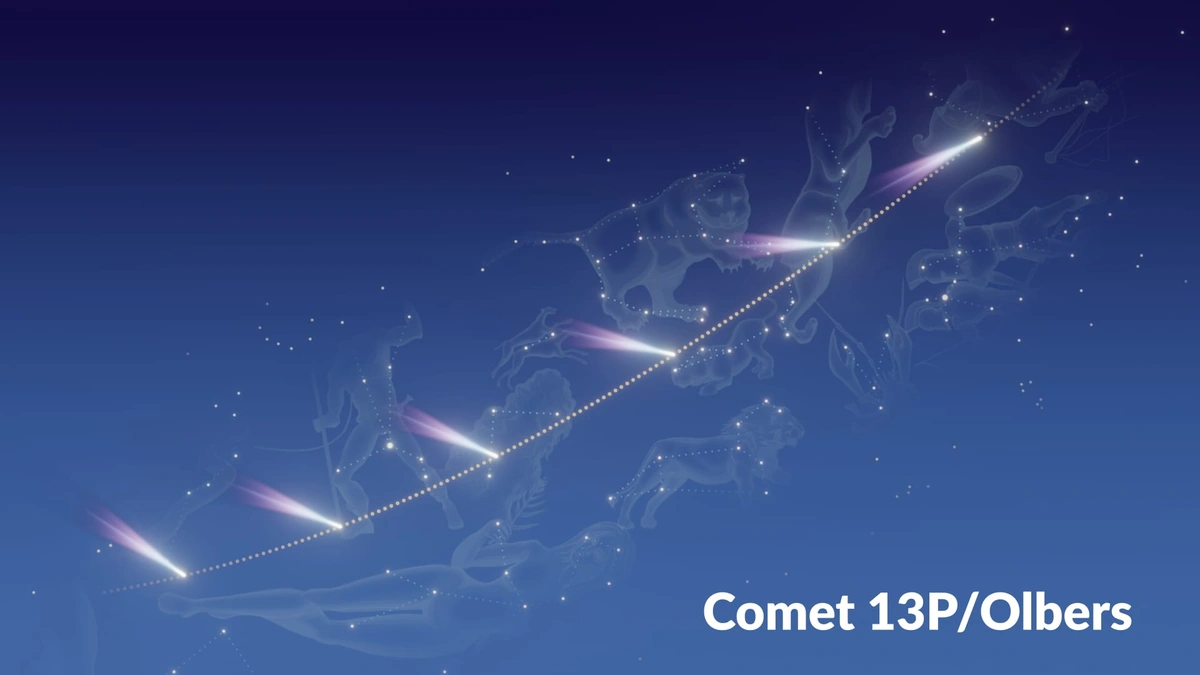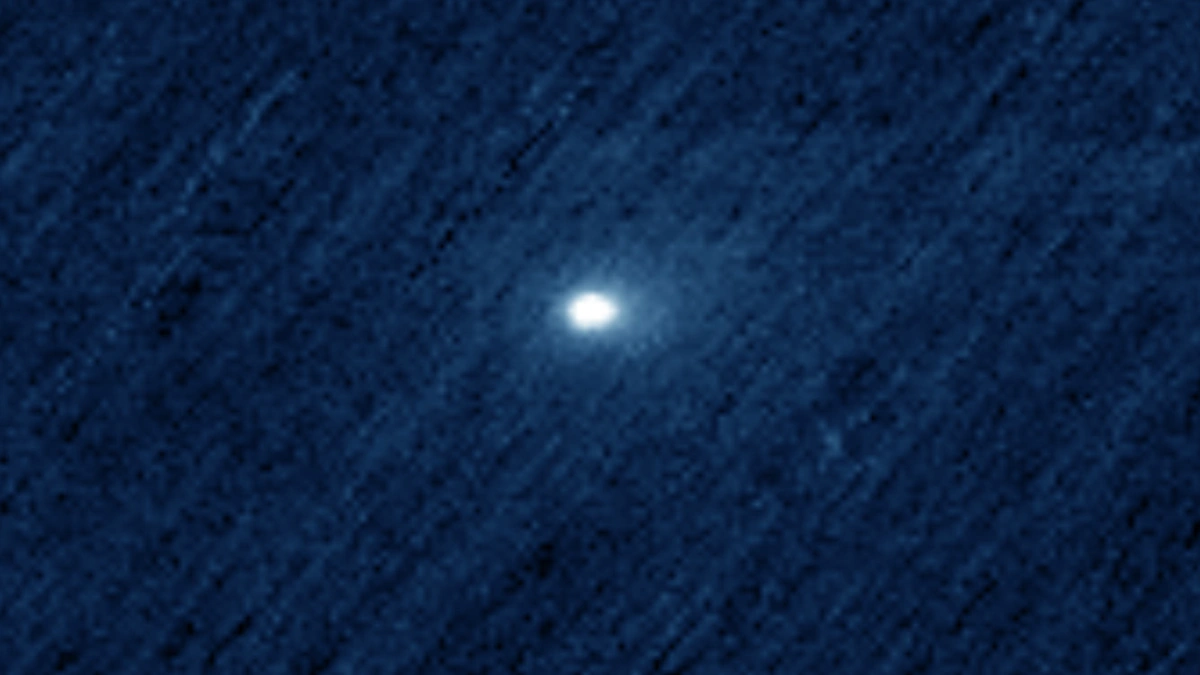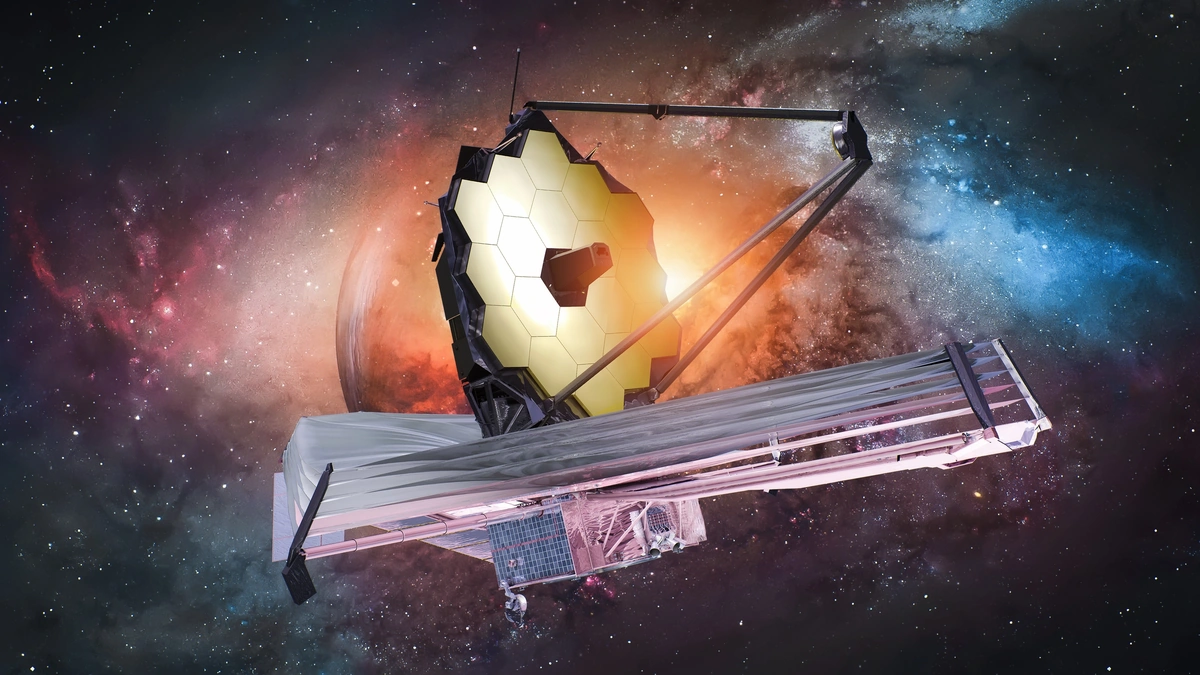Astronomers Increase Search for Hard-to-Find Supermassive Black Hole Binaries After New Findings
Okay, let’s be honest. Space can feel…distant. Like, literally. We read about these cosmic events, these mind-bogglingly huge phenomena, and it’s easy to feel like it’s all happening in a galaxy far, far away (pun intended!). But here’s the thing: the search for black hole binaries , especially the supermassive kind, actually has implications that ripple right down to our understanding of, well, pretty much everything.
So, when I saw the headline about astronomers ramping up their search, my first thought wasn’t just, “Cool, more space stuff.” It was, “Why now? What’s changed?” And more importantly, “Why should I, a person living in India, care about two black holes dancing a cosmic tango billions of light-years away?” Let’s dive in. Because the story is far more intriguing than the headline suggests.
The “Why” Behind the Hunt for Black Hole Binaries
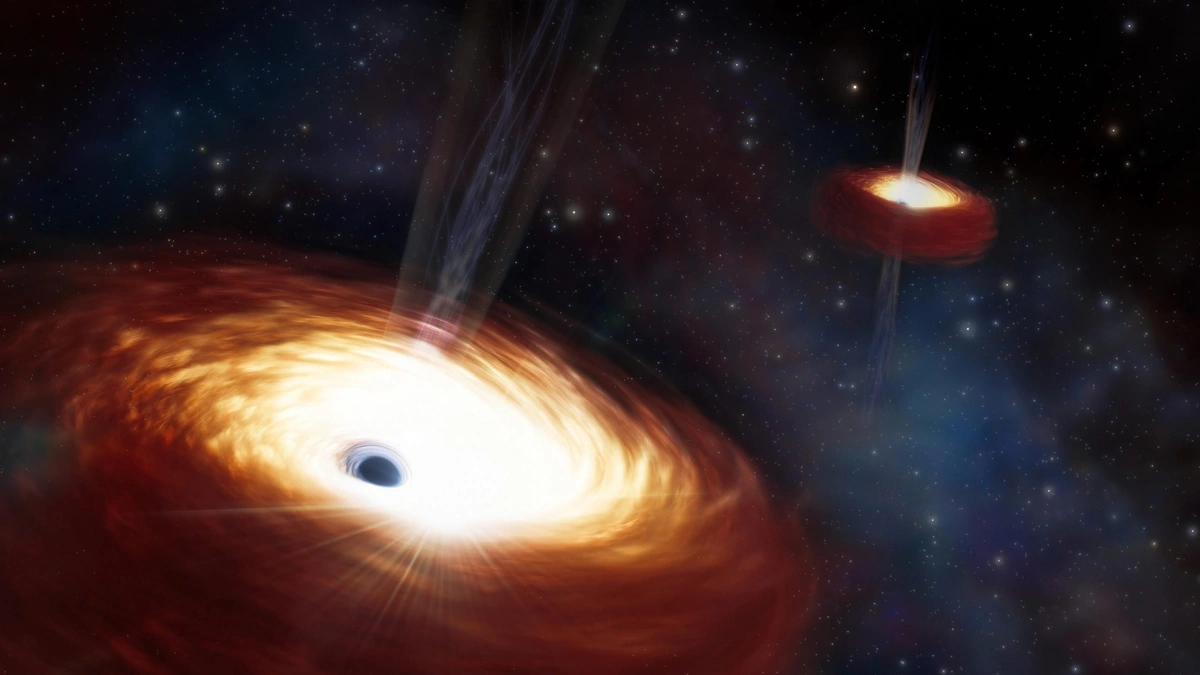
The big question: Why is this search intensifying now? Is it just a case of better technology allowing us to peer deeper into the cosmos? Partly, yes. But there’s more to it. According to recent theoretical breakthroughs and simulations, supermassive black hole mergers play a crucial role in galaxy evolution. These aren’t just random collisions; they fundamentally reshape galaxies, triggering bursts of star formation and influencing the distribution of matter across the universe. What fascinates me is the sheer scale of these events.
Think of it like this: imagine two of the biggest cities in India, say, Mumbai and Delhi, colliding. The impact would be catastrophic, reshaping the landscape, infrastructure, and even the very fabric of society. Now, scale that up to something almost incomprehensible – two gargantuan black holes, millions or even billions of times the mass of our Sun, spiraling toward each other and merging. The energy released is mind-boggling, and the gravitational waves produced ripple through spacetime itself. National Space Day is a great opportunity to look at these discoveries.
Gravitational waves , in particular, are the key. We’ve only recently developed the technology to detect these ripples, thanks to projects like LIGO and Virgo. These detectors allow us to “hear” the universe in a completely new way, opening a window into events that were previously invisible. So, the intensified search isn’t just about looking harder; it’s about listening more carefully.
The Challenges in Finding These Cosmic Giants
Okay, so we know why it matters. But finding these supermassive black hole binaries is like searching for a needle in a cosmic haystack. What makes it so difficult? Several factors come into play. For one, these binaries are incredibly rare. Galaxy mergers, while common on a cosmological timescale, are still relatively infrequent events in any given galaxy’s lifetime. Moreover, the final stages of the merger, when the black holes are close enough to emit strong gravitational waves, are relatively short-lived.
And, let’s be honest, space is big. Like, really, really big. Even with powerful telescopes and advanced detection techniques, the vast distances involved make it challenging to pinpoint these binaries. Astronomers often rely on indirect methods, such as looking for telltale signs of disturbance in the host galaxy or searching for periodic variations in the light emitted from the accretion disks surrounding the black holes.
A common mistake I see in pop-sci articles is oversimplifying the data analysis. It’s not just a matter of pointing a telescope and seeing two black holes. The signals are often faint and buried in noise, requiring sophisticated algorithms and years of dedicated observation to extract meaningful information. Think of it like trying to hear a whisper in a crowded Mumbai train station – you need advanced techniques to isolate the signal from the cacophony of background noise. This search relies on understanding black hole mergers .
How These Findings Impact Our Understanding of the Universe
Now for the million-dollar question: how do these findings affect us? Well, studying supermassive black hole binaries provides crucial insights into several key areas of astrophysics and cosmology. First, it helps us understand how galaxies evolve and grow over cosmic time. Mergers are thought to be a primary mechanism for building up massive galaxies, and the black holes at their centers play a crucial role in regulating star formation and shaping the overall structure of the galaxy.
Second, these observations can test our understanding of gravity itself. According to Einstein’s theory of general relativity, accelerating masses should emit gravitational waves. The detection of these waves from black hole mergers provides strong evidence for the validity of general relativity in extreme environments. And any deviations from the predicted behavior could point to new physics beyond Einstein’s theory.
Third, and perhaps most excitingly, these studies could shed light on the nature of dark matter and dark energy , the mysterious components that make up the vast majority of the universe. It is unknown exactly how they may interact with black holes, so the research is ongoing. As per the guidelines from NASA, the data collected from gravitational wave observatories aids in understanding these elusive substances and their effect on the cosmos.
The Indian Connection | Space Research and Beyond
So, what’s the Indian connection? Well, India is increasingly becoming a major player in the global space research arena. ISRO’s achievements in satellite technology and space exploration are well-known, and India is also actively involved in international collaborations to study the universe. With the advancement in astronomical research, India will also be capable of detecting gravitational waves from black holes in the future.
Moreover, the fundamental research that underpins these astronomical discoveries has far-reaching implications for technology and innovation here in India. The algorithms and techniques developed for analyzing astronomical data can be applied to a wide range of fields, from medical imaging to financial modeling. And the pursuit of knowledge about the universe inspires the next generation of scientists and engineers, driving innovation and economic growth.
Future Directions and the Promise of Discovery
Let’s be honest – we’re still at the early stages of this cosmic detective story. The search for black hole binaries is an ongoing endeavor, and there’s much more to be discovered. But the potential rewards are immense. These are difficult studies and we are constantly looking for supermassive black hole candidates to evaluate.
As we continue to improve our telescopes and detectors, and as we develop more sophisticated data analysis techniques, we’ll be able to probe deeper into the universe and uncover even more of these hidden cosmic giants. And who knows what surprises await us? Perhaps we’ll discover new types of black holes, or perhaps we’ll uncover new laws of physics that govern the behavior of these extreme objects. The possibilities are endless, and that’s what makes this research so exciting.
Ultimately, the search for black hole binaries is a testament to human curiosity and our relentless pursuit of knowledge. It’s a reminder that even the most seemingly distant and abstract scientific discoveries can have profound implications for our understanding of the universe and our place within it. And that’s something worth caring about, no matter where you live.
FAQ
What are supermassive black hole binaries?
They are systems of two supermassive black holes orbiting each other in the center of a galaxy, eventually leading to a merger.
Why are astronomers looking for them?
Studying them helps us understand galaxy evolution, test general relativity, and potentially learn about dark matter and dark energy.
How do astronomers find these binaries?
They use telescopes to look for disturbances in galaxies and gravitational wave detectors to “listen” for the ripples in spacetime caused by their orbital motion.
What are gravitational waves?
Ripples in spacetime caused by accelerating masses, predicted by Einstein’s theory of general relativity.
Could a black hole merger affect Earth?
No, these events happen at vast distances and do not pose any threat to our planet.
How does India contribute to space research?
India has a growing space program and actively participates in international collaborations to study the universe.
